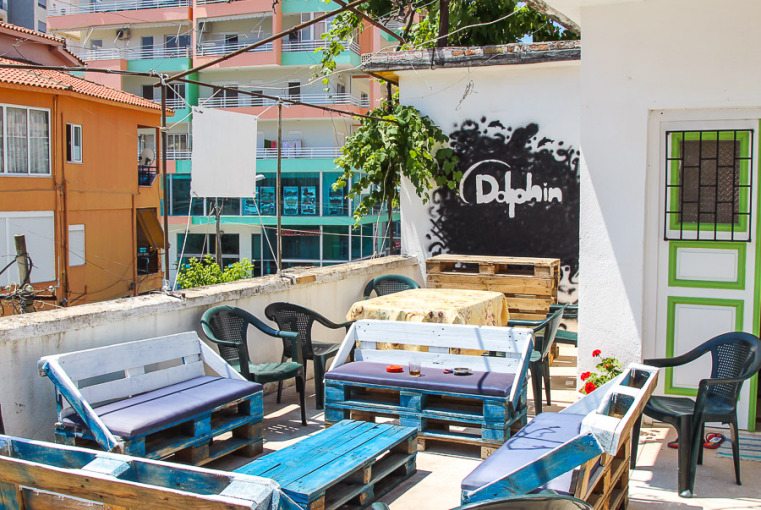TIRANA, November 16
Albanian authorities are setting ambitious goals as the country is seeing a surge in tourist arrivals. Recently, tourism-related authorities confirmed that they will focus on the goal of attracting up to 10 million annual tourists to Albania. On the other hand, this goal requires institutional interventions that protect the environment, the interests of tourism-related businesses, and much more.
So far, the ban of light-weight plastic bags, the shutdown of limestone furnaces and quarries near popular tourist destinations were positive steps on environmental protection. Yet, Albania has a serious problem related to urban waste management. Huge amounts of garbage, especially plastics that are not disposed of properly end up in rivers and waterways and make their way to the sea. Besides the significant risk it poses to marine life, waste often washes ashore in the Adriatic coast and almost every year plastic trash rides sea currents and ends up in the beaches of Montenegro and Croatia. Beach and riverbed clean-up actions are organized every season at a national level. Those are important initiatives that raise awareness of the importance of environmental protection and community responsibility. However, garbage reaches the seabed and affects marine life at concerning level. The need for more protected areas, both nature and marine parks and reserves would help to strengthen the conservation and management of natural ecosystems. The hunting ban had significant results as the population of different bird species in wetlands, lagoons, and lakes increased and even rare species were observed.
Climate change action
Climate change is a burning issue and tourism is exposed to many of its direct and indirect impacts. Every destination should retain its charm to keep tourists coming, but think about how a shorter winter season would hurt skiing economies and businesses. What else, coastal flooding and maritime erosion are a major concern in Kune-Vain, Velipoja, Vilun, Seman, Pali Kape, Porto Romano, etc. Climate change and human activity such as river damming are among the main causes of these situations.
Read more: International Media Raises Alarm on Albania’s Coastal Erosion
Another major concern is related to wastewater management. The lack of proper savage treatment plants and septic systems in coastal areas and hotels causes exposure to sewage-polluted beaches.
Another decision that is expected to have an impact on air quality is the ban on old imported vehicles.
Read more: Govt Bans Importation of 10-Year Old Cars
Infrastructure and access. A new airport would help to get 10 million tourist arrivals per year.
In the meantime, tourism-related businesses that vary from luxury resorts to family-run inns in remote areas need incentives. More investments are needed in the hospitality and accommodation industry in order to increase capacities and develop human resources and services. Despite VAT cuts, more strategical investments are needed. Currently, there are two models that are gaining key attention. Luxury resorts in popular regions and sustainable tourism in remote villages. Albania has a favorable geographical location, but it is surrounded by countries with strong tourism industries and mature markets like Greece and Croatia.
The country is promoted and recommended by major actors in the travel and tourism industry such as Lonely Planet or Booking.com. They highlight that Albania is unknown to most of the world travelers who are bored with popular and crowded destinations and secondly it’s cheap. The world is shifting to sustainability. Based on this trend, it seems that sustainable tourism is an authentic offer as it meets the economic and social needs of all parts involved.
Read also: Adventure Tourism, Explore Albania by Bike
Various studies conducted in other countries have confirmed that a well-developed society and infrastructure have more chances to encourage tourism in a country than cheap prices.

Leave a Reply
You must be logged in to post a comment.